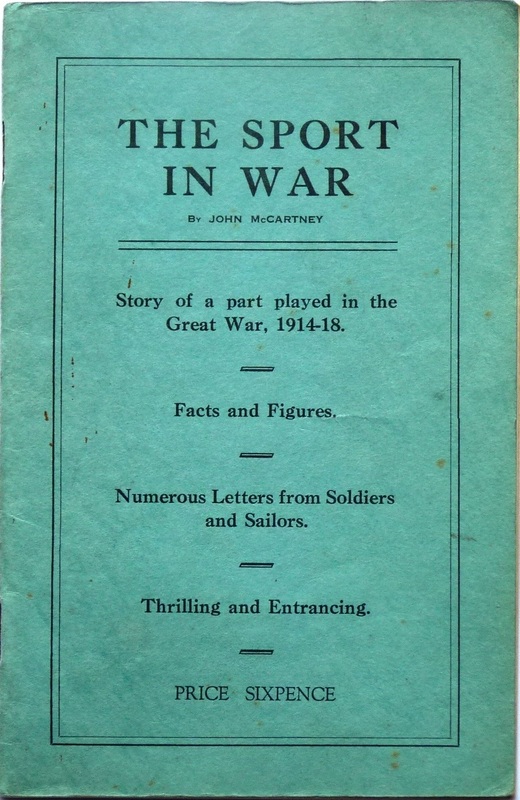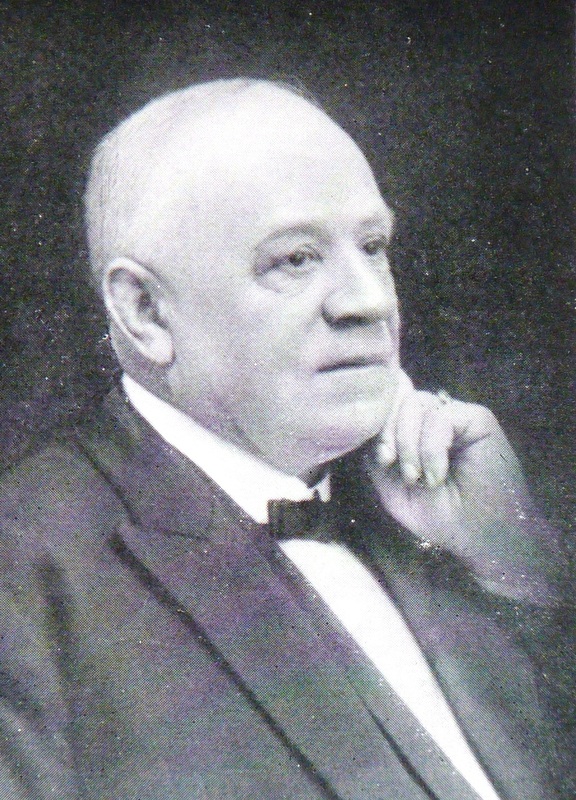In this centenary year, I have digitised The Sport in War, an account of the extraordinary campaign which raised enough money to send 1,700 footballs to British soldiers, sailors and prisoners of war. This little-known booklet was published in 1930 by John McCartney, who was manager of Hearts throughout the conflict. Having retired the previous year, he turned his hand to writing and also compiled a history of the Scottish Football League.
No doubt some of these footballs were kicked during the famous Christmas truce of 1914, and the campaign continued throughout the war, battling at times against bureaucracy but managing to reach some extraordinary places, as far away as Mesopotamia and Palestine. There are quotes from letters of thanks, not just from ordinary servicemen but from Field Marshall Sir Douglas Haig, Marshal Ferdinand Foch, General Joseph Joffre and other high-ranking soldiers - all testament to the boost to morale that a football could bring.
There were players from Hearts and Hibs among the many recipients, and a Sgt McCready of the RAF summed up the mood when he wrote "Our English mates can't understand how you not only send footballs, let alone of such quality. Their clubs don't respond. I told them they could expect nothing else from the Capital of Scotland. We were very tired when the ball came, but it was just the thing to brighten and revive us."
McCartney said: "We set out to prove generally that the spirit of sport in the Soldiers and Sailors of the Allied Forces brought about the downfall of the Central Powers. We claim to have succeeded, even although a great part of our story is bound up in and around the City of Edinburgh."
Postscript: the story of the footballs has been picked up by the Evening News.


 RSS Feed
RSS Feed